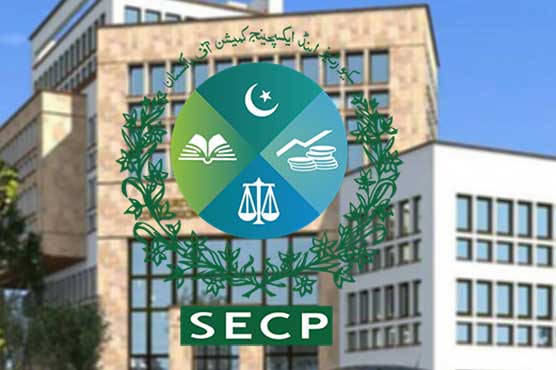ISLAMABAD: The Islamabad High Court (IHC) has delivered a pivotal verdict, affirming the Securities and Exchange Commission of Pakistan’s (SECP) orders against the legal heirs of Siddiq Moti. This judgment strengthens the SECP’s regulatory authority while emphasizing investor protection and market integrity.
The IHC dismissed the appeal challenging the SECP’s Securities Market Division and Appellate Bench decisions. Issued on November 19, 2024, the ruling highlights the significance of safeguarding investor securities and maintaining transparent financial practices.
The case stemmed from allegations of unauthorized share transfers by Siddiq Moti’s brokerage house from sub-accounts maintained with the Central Depository Company (CDC). Following a detailed investigation, the SECP found these transactions to be in violation of the Central Depositories Act, 1997. The SECP’s findings were upheld by its Appellate Bench in 2015.
The IHC ruled that SECP’s proceedings were free from procedural flaws and underscored that generalized authorization clauses in account-opening forms cannot be construed as granting brokers blanket authority to transfer securities from clients’ sub-accounts. Explicit approval from clients is essential. The court further noted that SECP, as a specialized regulatory body, has the expertise to make factual determinations, which can only be challenged in a second appeal on substantial legal grounds.
After exhaustive hearings, the IHC not only dismissed the appeal but also imposed a fine of PKR 100,000, to be shared equally between the SECP and the complainant.
The SECP has been proactive in tackling misuse of client assets within the brokerage industry. It has introduced stringent measures, including:
– Stricter regulations for brokers managing client assets.
– Fortnightly reporting of client asset segregation statements to the Pakistan Stock Exchange.
– Automated securities transfers directly from sellers’ accounts to buyers’ accounts, eliminating manual broker interventions.




